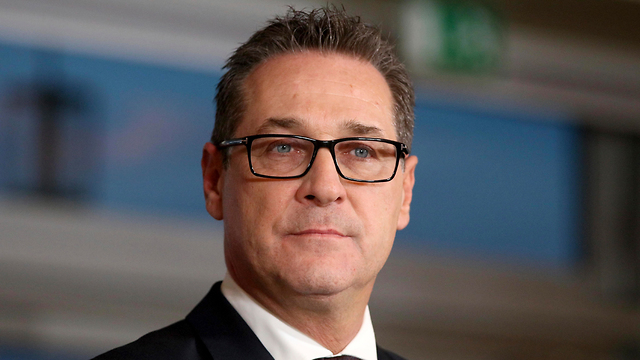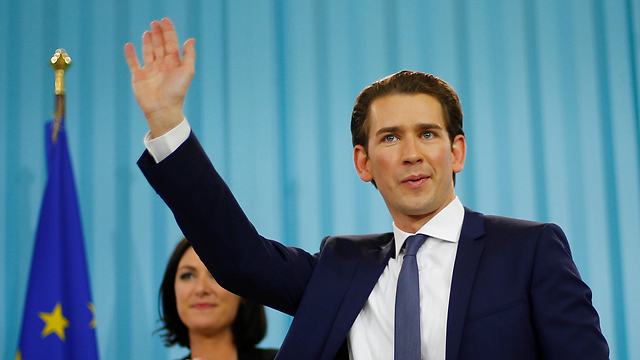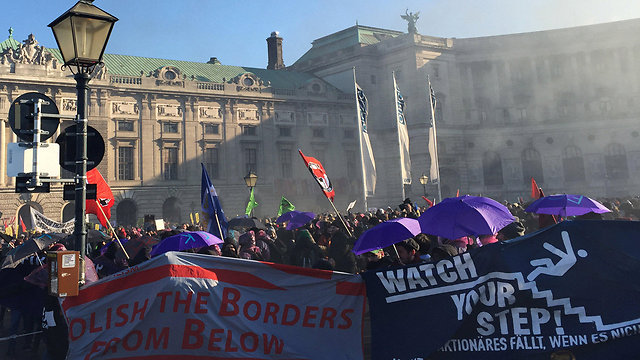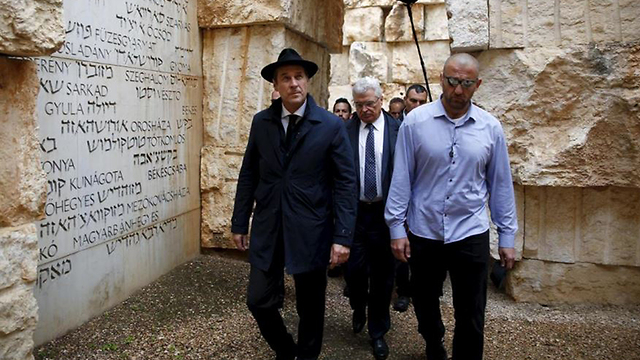
With a party founded by ex-Nazis back in government, Austria marked the 80th anniversary of its annexation by Adolf Hitler’s Germany on Monday with greater public self-examination than usual.
Hitler sent troops into Austria, the land of his birth, on March 12, 1938, in pursuit of his dream of a “Greater Germany”. They were greeted by cheering crowds who waved swastika flags and made the Nazi salute.
For decades after World War Two, Austria presented itself as the first victim of Nazism. While that official position has changed and now stresses the need for Austria to accept responsibility, there is still far less public discussion and commemoration of that chapter of its history than in Germany.
The anniversary also coincides with the advent of a new conservative-led coalition government in Vienna that includes the anti-immigration Freedom Party (FPO), founded by former Nazis in the 1950s.
“Austrians were not only victims but also perpetrators, often in positions of leadership,” President Alexander Van der Bellen told a ceremony that included ministers from both Chancellor Sebastian Kurz’s conservative party and the FPO.
“Austria recognizes its responsibility,” said Van der Bellen, a left-leaning environmentalist who beat the FPO candidate in a presidential election runoff in 2016.
Skepticism
The FPO now focuses its criticism on Islam while courting Jewish voters and denouncing anti-Semitism. But Israel refuses to deal with FPO ministers and some Jewish leaders are skeptical about whether the party has really changed.
The FPO is setting up a committee of historians to look into its past after two of its members’ right-wing fraternities were involved in an anti-Semitism scandal.
The head of Austria’s main Jewish organization, Oskar Deutsch, attended Monday’s ceremony, though his group has stayed away from similar events in the past because of a self-imposed ban on dealing with the FPO.
Deutsch expressed scepticism about the government’s announcement on Sunday evening that it hopes to build a commemorative wall that would bear the names of the 66,000 Austrian victims of the Holocaust.
“I am not opposed to an additional monument in central Vienna, but a parliament without anti-Semitism and a government without German nationalist fraternity members would be more important,” he said in a statement.
At Monday’s ceremony, held in the former imperial palace where Hitler addressed a crowd of hundreds of thousands to announce the annexation, or Anschluss in German, Van der Bellen urged Austrians to be vigilant about the threats to democracy.
“(Austrians must learn) the lesson that democracies too can fall victim to populism and demagogy, the lesson that discrimination is a first step towards dehumanization, the lesson that anti-Semitism and racism do not simply disappear but exist even today in big and small ways,” he said.
Chancellor Kurz, a hardliner on immigration, said Austria had a duty to “actively support Jewish life and fight every form of anti-Semitism, regardless of whether it has long been here or was freshly imported”.
“We also have a particular obligation towards the state of Israel and the need for security of Jews there.”




















